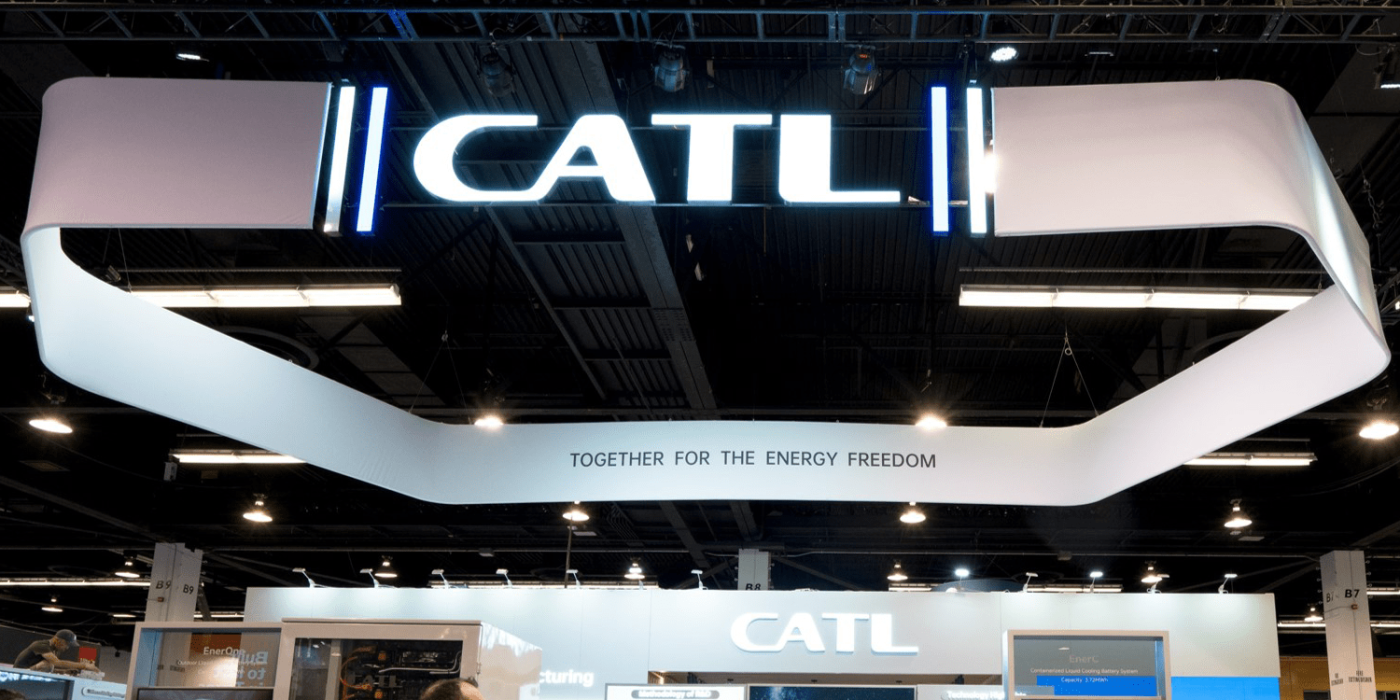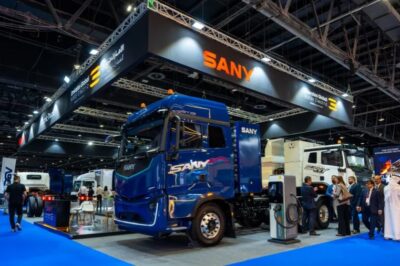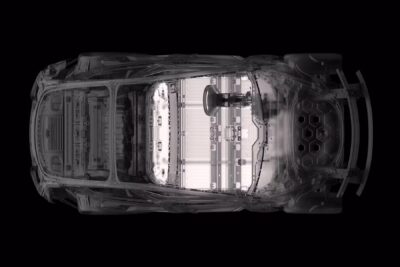CATL temporarily banned from extracting lithium carbonate in Jiangxi
Chinese authorities have refused to extend CATL’s licence for lithium mining in Yichun, which expired on 9 August. This is according to consistent reports from several media outlets citing insider sources. According to Bank of America, the mine there accounts for about six per cent of global production. It is therefore a relatively large mining site. CATL is reportedly continuing to negotiate with government authorities for an extension of the permit. However, the production break is expected to last at least three months.
CATL itself confirms that the licence expired on 9 August, but emphasises, according to the South China Morning Post, that an application to resume operations has been submitted and that the temporary production interruption will have only a limited impact on the company’s business activities.
Industry observers believe that the interruption is due to the Chinese government’s broad-based campaign against overcapacity in the country. To this end, it is now stepping up its control of mining activities, they say. The aim is to curb oversupply and thus stabilise prices. According to Wirtschaftswoche, CATL alone experienced a 29 per cent decline in sales in its battery mineral raw materials business in 2024, mainly due to the sharp drop in lithium prices. At the same time, CATL made aggressive investments in mining interests at home and abroad.
The strategy of many Chinese battery companies is similar: The companies are investing heavily in vertical integration to secure long-term supplies and expand their market power vis-à-vis other regions of the world and on the domestic market. At the same time, demand for electric cars is not keeping pace. As a result, China is struggling with high inventories, which have created an oversupply in the lithium market since 2022. As the South China Morning Post writes, “Citigroup analysts said in a report on Monday that a 10,000 yuan per tonne increase in the price of lithium could cause CATL’s profit margin, which stood at 22.4 per cent at the end of June, to drop by 4 percentage points. Wild swings in lithium prices were last seen in 2021 and 2022, buoyed by the surging popularity of EVs in China. In November 2022, lithium carbonate hovered around 590,000 yuan per tonne, climbing nearly 15-fold from 41,000 yuan in mid-2020.”
The government now apparently wants to resolve the ruinous competition through further direct market intervention. The calculation: closing the mines will reduce the supply of battery material and thus make lithium attractive to investors again. The industry, which is suffering from oversupply, could thus recover. Indirectly, the potential price upturn would also benefit CATL, the world’s largest electric car battery manufacturer: in the first half of the year, the company produced 191 GWh of electric car batteries, which corresponds to 38 per cent of total global production.
Let us recall that at the end of May, the Chinese government intervened in the wave of discounts on electric cars triggered by BYD: at a meeting organised by the Ministry of Industry and Information Technology and the relevant authorities with the heads of the largest electric car manufacturers in Beijing, insiders say they were urged to exercise restraint.
The officials are said to have specifically asked the participants not to offer unreasonable price reductions or even sell cars below cost price. The practice of ‘zero-kilometre cars’, whereby manufacturers sell surplus new cars to finance companies or used car dealers, is also a thorn in the side of the officials. However, the meeting did not result in any binding guidelines.





1 Comment